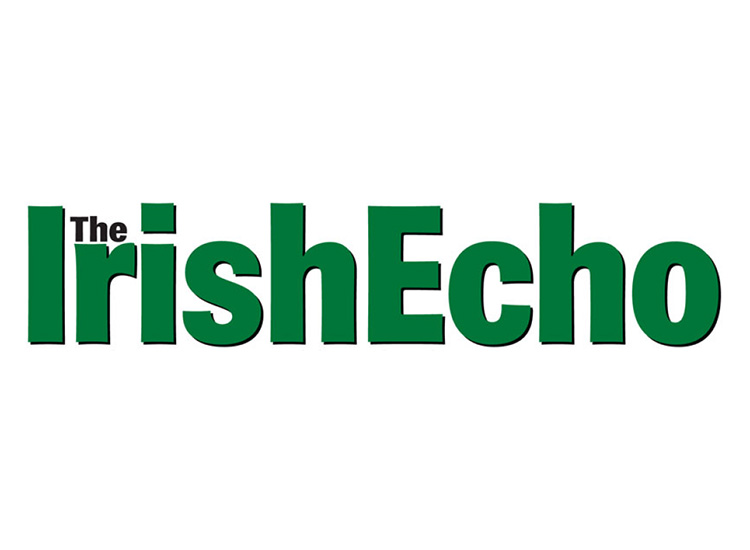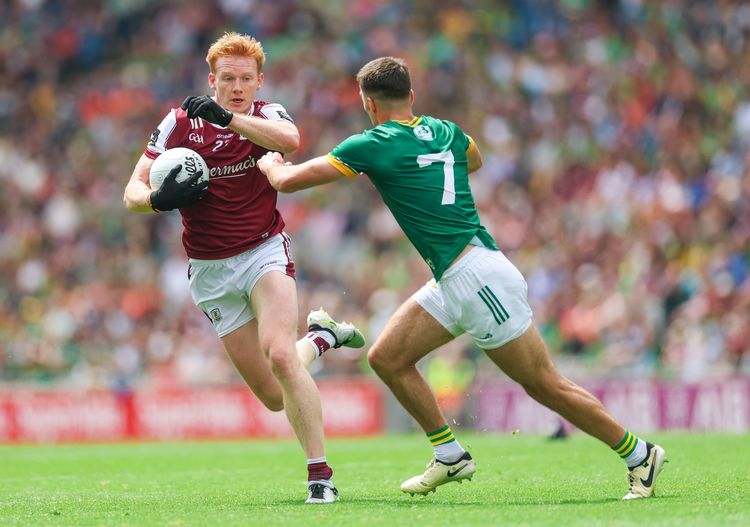The Irish Sea from space. NASA photo.
By Evan Short
It was an issue that sat under the radar during most of the Brexit negotiations between the EU and UK.
However, the Irish border is now front and center, and unless it is dealt with to the satisfaction of the Irish government, it threatens to scupper any British trade deal with Europe.
Progress has been made on the two other outstanding issues of citizens’ rights and Britain’s divorce bill to the European Union post-Brexit.
However, despite repeating that the UK does not want a hard border, the British government has produced very little else to assuage Irish government fears on how that border will look after Brexit.
The UK insisting that it is withdrawing from the European Customs Union and Single Market does not square with a soft border option and thus the crisis that has now exploded – just one week ahead of what was supposed to be the beginning of trade talks between the EU and UK – and could bring those talks to a halt before they have even begun, this due to Ireland threatening to use its veto.
The British government’s International Trade Secretary Liam Fox insisted on Sunday that the border situation can be settled during trade negotiations, something that Britain is desperate to move on to.
However, all the evidence to date points to the British government having done very little work on addressing what will happen to the Irish border when Britain leaves the EU.
Ireland would prefer Britain to stay in the Customs Union and the Single Market, and if that is not possible, for Northern Ireland to remain in both, which would mean frictionless trade and movement across the border, as it is at present.
This would shift any customs border being shifted into the middle of the Irish Sea.
During the party’s annual conference in Belfast on Saturday, DUP leader Arlene Foster hit out at this plan. Foster’s ten MPs hold the balance of power at Westminster.
But the party is at odds with majority opinion in Northern Ireland. During the EU referendum, 56 percent of the people of the North voted to remain in the EU.
“No such internal [UK] barriers will be countenanced and that as we joined the then-European Community as one nation, will leave as one United Kingdom,” Foster told delegates.
“The economic reality for our economy is that our most important trading relationship is with the rest of the United Kingdom and we will do nothing that puts that at risk in any way.”
Speaking in Brussels, Irish Minister for Foreign Affairs, Simon Coveney, said the EU would not give the go ahead for the start of negotiations on phase two to begin unless there was progress on the border.
“The truth is that if we see regulatory divergence between the two jurisdictions on the island of Ireland it is very hard to see in that scenario how you avoid hard border checks. So we need progress on this issue in the context of the regulatory divergence issues.”
Unusually, in the long history between Ireland and Britain, Ireland lately appears to have the upper hand.








